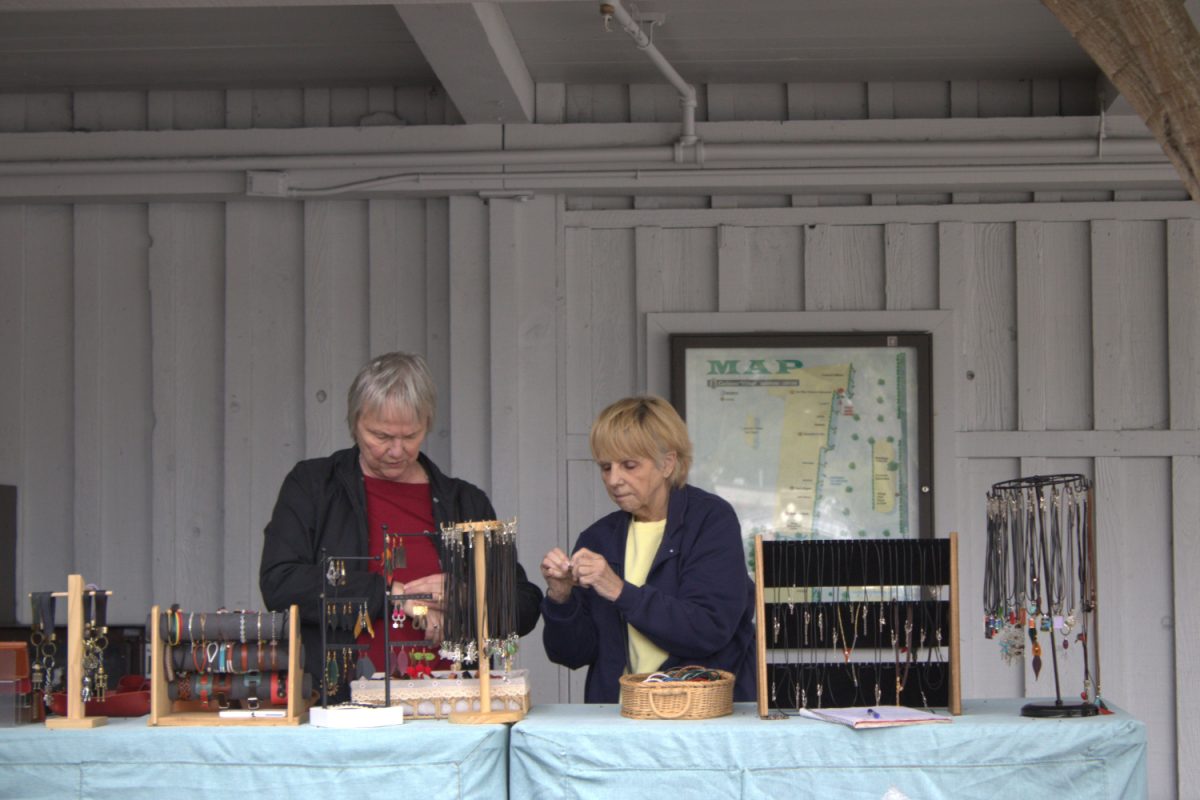San Mateo County is helping fund Women and Allies (WANDA), an organization supporting single mothers in the county.
The Measure K funds, given through a reimbursement grant program, will support eligible mothers facing housing instability.
WANDA was founded in 2007 by friends who saw the challenges of raising children. According to Susan Kokores, one of the three founders, the organization was based on asset-building programs established in other parts of the country.
“Single moms are often the most vulnerable to financial instability of any demographic group in any community,” Kokores said. “They are stuck in low-wage jobs, being overwhelmed with responsibility, and having more expenses because they’re managing kids and doing it all alone. There’s financial instability and social isolation. For those two reasons, we started this program that helps build women’s finances.”
Each year, a cohort of about 35 mothers attend monthly classes together, saving money and building both financial and life skills.
“They commit to open a savings account and make monthly deposits of $20 to $170 per month. They attend a monthly class over one year focused on financial capacity building, career advancement, and life skills,” said Executive Director Danika Dellor.
According to the Center for American Progress, single mothers represent more than four out of five single parents, and 28% of single mothers live in poverty. From saving for their children’s education to saving their own, financial skills are crucial for these mothers.
“I was living in a homeless shelter when I saw a poster for WANDA that said something like, ‘Get $6,000, come to the workshop. Food and snacks provided.’ They had me at snacks, but I showed up for the money,” said alumna Charisse Fontes, who now teaches at WANDA.
Since the program began, nearly 500 single mothers have saved and invested $1.7 million. In 2024 alone, WANDA mothers saved $140,000.
According to Kokores, the program recognizes that while San Mateo County has a high quality of living, it also comes with a high cost.
“It’s just so expensive to live here; it’s a struggle to work your way up. We have plenty of people who are at the top of the income, so we’re aware of this and we’re addressing it,” Kokores said.
Going through the program has given participating mothers the opportunity to achieve some of their first milestones.
“Our moms have purchased their first homes, built their retirement accounts, and supported advancing their own educations or the education of their children,” Dellor said.
Through partnerships like funding from San Mateo County, the organization is able to provide more resources.
“We look to partner organizations like other nonprofits and affordable housing providers to collaborate by supporting recruitment efforts, engaging in resource sharing, and impact metrics. Poverty is not linear. It takes time, multiple interventions, and money to build sustainable change and a sense of self-efficacy. We value that our moms are raising the next generation, and their influence and financial capacity will positively impact their lives,” Dellor said.
Beyond teaching financial literacy skills, WANDA also seeks to build women’s confidence and authority, building upon the other asset-building programs the founders had seen around the country.
“WANDA added its own aspect of developing the confidence in the agency of the women,” Kokores said. “We added a component of goal setting and confidence building. Learning how to write a resume and interview. We added these components because we wanted mothers who are busy, isolated, and maybe not talking to their friends to believe in themselves.”
According to Dellor, one of the key aspects of the program is the sense of community amongst cohort mothers. Often, participants say they’ve found success through the relationships they build with other success-minded women facing the same challenges.
“While WANDA taught us about financial literacy as single mothers, they also built a community where we felt like we mattered like we weren’t just a statistic,” Fontes said. “WANDA helped me step out of my fear zone and go for something big. It showed me that being a single mother didn’t define me,” Fontes said.
As many cohorts have graduated from the program, its impact has been increasingly recognized.
“People knowing it as a community asset is essential because it’ll continue to grow. It’ll address more issues, and others will copy it. The best thing is to copy this model and utilize it,” Kokores said.












